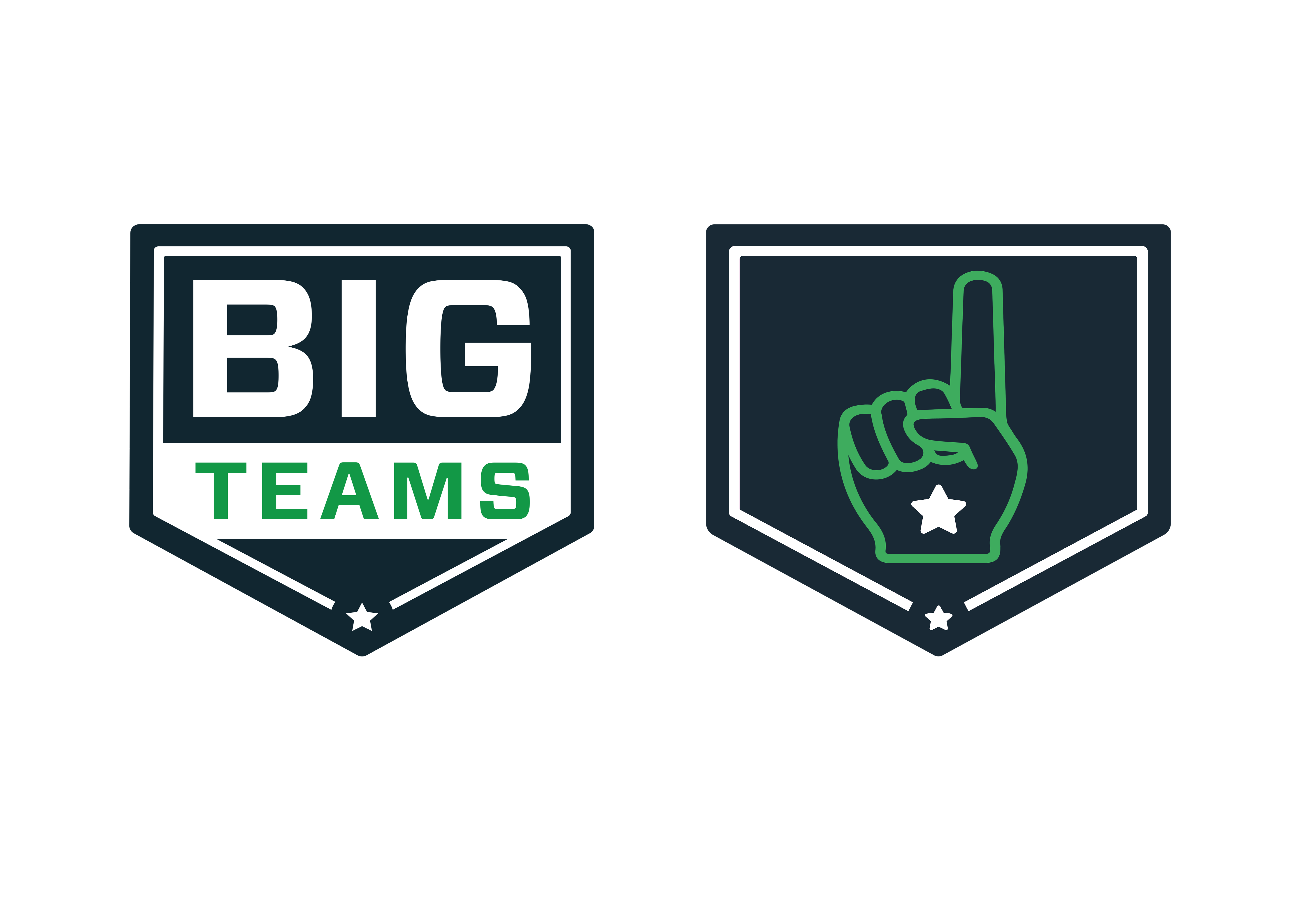GoffstownAthletics.com
Goffstown School District
Announcements and Important Events
Posted 8.0 years ago @ 12:54PM
WHY EDUCATION-BASED ATHLETICS?
What is interscholastic athletics? At first glance, one would think that this term simply refers to sport competitions between teams or individuals representing their school communities. While this definition partially defines the description in question, interscholastic athletics are much more than the competition that takes place on the field of play. Interscholastic athletics are an extension of the classroom that provide teaching and learning experiences for all involved. These experiences and lessons relate as much to life and education as they do to the outcome on a scoreboard.
So, how are these educational goals attained through interscholastic athletics? Al Burr, a retired principal from Missouri, provided the beginning of the answer to this question when he said:
“Nowhere do you find it in education like you find it in activities, that teachers are teaching what they want to teach to students who are learning what they want to learn, and both are willing to work hour after hour on their own time after school so that everything that can be taught is taught, and everything that can be learned is learned”
As Mr. Burr implies, the profession of coaching is a profession of teaching. Interscholastic athletics are logically linked to the objectives of the overall educational program. Interscholastic athletics are inherently educational, and support the academic mission of schools. Just as coaches are teachers, they are also architects who build tomorrow’s leaders. Coaches teach new skills to be utilized in competition, but more importantly, they must build a foundation by teaching skills that can be utilized to achieve success later in life.
The privilege of interscholastic athletic participation can be one of the most exciting experiences of a student-athlete’s life. The responsibility associated with this privilege can help the student-athlete maintain proper perspective throughout his or her educational journey, and should constantly remind each of what is truly important in life. We win through sports if we help to develop athletically successful individuals and teams. More importantly, we win through life if we help to develop socially successful and responsible individuals and teams. We lose by all accounts if we measure success by wins and losses, and not the life lessons being learned along the way.
When kept in proper perspective, interscholastic athletics allow kids to be kids. Young people grow by learning the values of healthy competition, teamwork, goal setting, respect and hard work. The educational experiences of all participants are enhanced through these values, as everyone strives to be their best as individuals, students, teammates, and members of the community, rather than just as athletes. When the importance of these values is not stressed, the future of each young person is negatively affected.
Even though interscholastic athletics may garner an extraordinary amount of attention from spectators at given times, it is important to remember that these programs exist to prepare young men and women for the next level of life, not the next level of sports. If the primary purpose of interscholastic athletics was to create future contributors to college or professional sports, then we would be failing miserably, as a negligible number of our 50,000 graduating student-athletes each year move on to a higher athletic level. We are not the promoters of big-time sporting events, rather the supporters and organizers of healthy, educational activities. We are not the builders of farm clubs for college or professional teams, but the supporters and teachers of tomorrow’s community, state, and national leaders.
Recent trends have seen high performing, elite athletes leaving their high school programs to become involved with non-school sport organizations that tout the ability to offer benefits such as skill developmental and the opportunity to participate in programs that offer pathways to “the next level.” Any student-athlete who makes such as decision has the right to do so, but when looking at the big picture, is it a good decision? In reality, the opportunity to play organized collegiate or professional athletics beyond high school comes only to a select few. The odds of becoming a nationally or internationally known elite athlete are one in a million. What would your choice be if given the opportunity either to help produce a handful of elite athletes, or to produce hundreds of thousands of productive citizens who will become our future business and civic leaders?
The benefits of participation in interscholastic athletics are extensive. Interscholastic athletics serve as a course in physical development as student-athletes learn health, exercise, strength, stamina, nutrition and fitness. Inherent in educational athletics are self confidence, and the building and development of higher aspirations. Research demonstrates that when compared to non-participants, those who participate in educational athletics enjoy higher GPA’s and benefit from increased rates of school attendance, graduation and college acceptance. Interscholastic athletics also promote values and teach life skills such as service, respect, integrity, leadership, perseverance, teamwork and friendship. Inherent in this experience are the values of sacrifice, cooperation, overcoming defeat, and facing adversity.
High school student-athletes earn their right to participate by succeeding academically. However, the results and positive outcomes of their participation continue far beyond high school. Participation in interscholastic athletics has been proven to be a predictor of future success in college, career, and life. Studies of American corporations have shown that almost 95% of high ranking executives participated in educational athletics. These executives were the same student-athletes whose personal development improved their team. They were the teams whose positive example improved their school. It was their school whose culture improved their community. There is a logical connection.
In educational athletics everyone wins if everyone tries. There has never been an official who wanted to officiate a bad game. There has never been a coach who wanted to coach a bad game. There has never been a student-athlete who wanted to play a bad game. When everyone is trying their best, interscholastic athletics becomes what it is supposed to be - a place where moms and dads, relatives, friends and fans can come out and cheer, have a great time and celebrate the sanctity of high school athletics.

